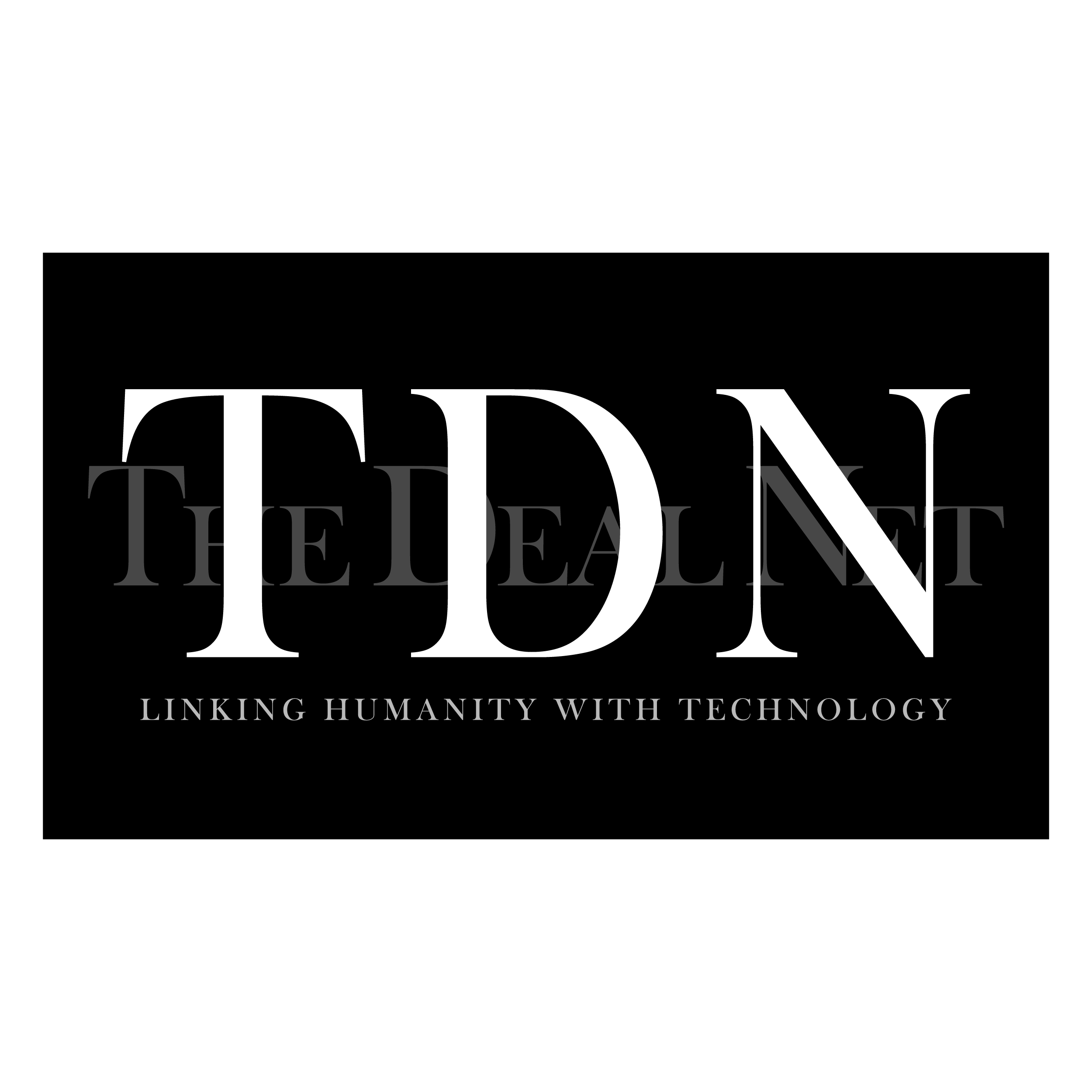“In the social jungle of human existence, there is no feeling of being alive without a sense of identity.”-Erik Erikson
What is common to getting a driving license, accessing insurance, filing a lawsuit, voting, registering in a school, opening a bank account or getting a mobile device? All require identity proof. Over the years I have collected a national ID, a license, a passport, health card, insurance card, tax number, bank cards and the list goes on. Mind boggling number of documents, numbers, papers, emails etc etc. But what if technology allowed for one or even no document to prove identity?

Proving identity for the majority of us is a matter of inconvenience at best and a major hassle at worst. We need to print, certify or show various identity cards or in case of loss seek new ones from issuing authorities. Most of us are registered at birth with a government agency, resulting in a birth certificate. That starts the journey for identity proof with myriad additional documents added over our life.
Now just imagine if you can’t prove your identity! How would you get medical help, a job, register marriage, deaths, or birth, open a bank account, or vote? The lack of identity proof means no access to the financial system or the global internet through a mobile device. This is indeed the reality for over 1 billion people, the poorest of the poor, the refugees, and the vulnerable who have no access to government documentation to prove identity. These are the people who become part of a shadow economy and vulnerable to human trafficking, crime, and depravation.
Even for people with identity documents, identity theft has become a major problem. Equifax, an US consumer credit reporting agency was hacked in March 2017. Some estimates suggest that over 145 million personal records were stolen, creating a huge legal and personal problem. The Consumer Sentinel Network, of the Federal Trade Commission of USA (FTC), reported 4.8 million identity theft and fraud reports in 2020, up 45 percent from 3.3 million in 2019. In 2020, 1.4 million complaints were for identity theft, up from 651,000 in 2019.
Blockchain has a solution! A blockchain is essentially a digital ledger of transactions that uses cryptography to store blocks of data. The ledger is distributed across the entire network of computer systems, instead of a central computer system. The information stored on Blockchain’s distributed ledger is almost impossible to be stolen, modified, or deleted without a digital track.
Blockchain’s exciting potential is a secure identity solution that can be assessed from anywhere. Not just for people without identity but for all of us with birth certificates, passports, government cards or any other documentation. The ability to access anywhere, anytime while knowing that the documentation cannot be changed is extremely valuable.
Take Estonia for example. Estonia, a small Eurozone country with 1.3 million population, is the poster child for adopting technology. 98% of Estonians hold a state issued e-Estonia, digital identity allowing authentication without physical contact. e-Estonia is built on a blockchain based distributed ledger technology that allows an Estonian to access public services, financial services, medical and emergency services as well as to drive, pay taxes online, e-vote, provide digital signatures, and travel within the EU without a passport. The e-Estonia acts as a replacement for a driver’s license, passport, student card, credit and debit cards, insurance policy cards, subway passes, and more.
Estonian government uses Blockchain to secure digital data as the transparency and immutability features of Blockchain allow detecting data manipulation. e-Etonia is based upon Keyless Signature Infrastructure blockchain (KSI) technology. KSI ensures transparency and confidentiality by ensuring when a document is written into the database, only its hash value is sent to the KSI Blockchain. The original information is stored on local servers. Hence, the verification is against the hash value rather than the document itself. It is possible to verify the “signature” of the document independently without having to access the original document. If the document changes on the local server, a new “hash” would be generated thereby keeping track of all changes.
A number of countries around the world are working on implementing blockchain based identity solutions including China, Japan, US, Finland amongst others.
Besides countries using the technology for identity management, multilateral aid agencies have used the technology to distribute benefits. One of the most heartening uses of blockchain has happened in one of the world’s most tragic and mostly forgotten wars – the Syrian civil war. The civil war in Syria created over 6 million refugees. Beginning in 2016, the United Nations’ World Food Programme (WFP) created Building Blocks. The program uses blockchain technology instead of third party financial service providers to supply monetary assistance for food purchases by Syrian refugees in Jordan. Beneficiaries have their identities confirmed though an iris scan when purchasing goods at supermarkets within the camps. Following authentication, monetary assistance is provided to complete the transaction through a digital transfer of funds. The blockchain technology behind the project allowed direct, secure, and fast transactions between participants and WFP—without requiring a financial intermediary like a bank to connect the two parties.
Businesses are also increasingly recognising the commercial potential of Blockchains for identity management. Technavio, in its latest market research report titled, “Global Blockchain Identity Management Market 2020-2024”, the blockchain identity management market is expected to grow by USD 4.61 billion during 2020-2024 progressing at a CAGR of 82% during the forecast period. Besides industry giants like IBM, Accenture, Google, etc multiple startups are bringing new ideas that are likely to revolutionise identity management in the coming years. Some like Peer Mountain are using mobile applications for peer to peer identity solutions while AID:Tech, an Irish technology company is helping large, foreign aid providers to create and distribute unchangeable donor assistance cards to gain access to benefits.
There is no doubt that any technology that is powerful to transform how we identify ourselves is likely to also be subject to abuse. The powerful and the corrupt can misuse the technology. There is quite a case to impose strict regulations and harsh punishments for what is currently a “Wild West.” However, all things considered, the benefit of no physical documents to prove identity are significant enough to continue down this road.
Links to Sources
- Feature Image – Statelessness in Australia – https://www.refugeecouncil.org.au/wp-content/uploads/2018/12/1508-Statelessness.pdf
- https://www.pwc.com/gx/en/services/legal/tech/assets/estonia-the-digital-republic-secured-by-blockchain.pdf
- https://consensys.net/blockchain-use-cases/digital-identity/
- http://www.aid.technology/
- https://www.csoonline.com/article/3444488/equifax-data-breach-faq-what-happened-who-was-affected-what-was-the-impact.html
- https://theconversation.com/estonia-is-a-digital-republic-what-that-means-and-why-it-may-be-everyones-future-145485
- https://e-estonia.com/solutions/e-identity/id-card/
- https://e-estonia.com/wp-content/uploads/2020mar-nochanges-faq-a4-v03-blockchain-1-1.pdf
- https://www.ria.ee/en/state-information-system/x-tee.html
- http://www3.weforum.org/docs/WEF_A_Blueprint_for_Digital_Identity.pdf
- https://www.eublockchainforum.eu/sites/default/files/research-paper/20180801_government_services_and_digital_identity.pdf
- https://industrywired.com/top-10-startups-in-blockchain-identity-management/
- https://industrywired.com/top-10-startups-in-blockchain-identity-management/
- https://medium.com/@gomedici/21-companies-leveraging-blockchain-for-identity-management-and-authentication-d09d88e3a4bf
- https://www.technologyreview.com/2018/04/12/143410/inside-the-jordan-refugee-camp-that-runs-on-blockchain/
- https://industrywired.com/top-10-startups-in-blockchain-identity-management/
- http://www.rippleworks.org/
- https://www.youtube.com/watch?v=OwnFf5oZil8
- https://knowledge.insead.edu/blog/insead-blog/the-state-of-the-blockchain-revolution-11876
- https://thefinanser.com/


